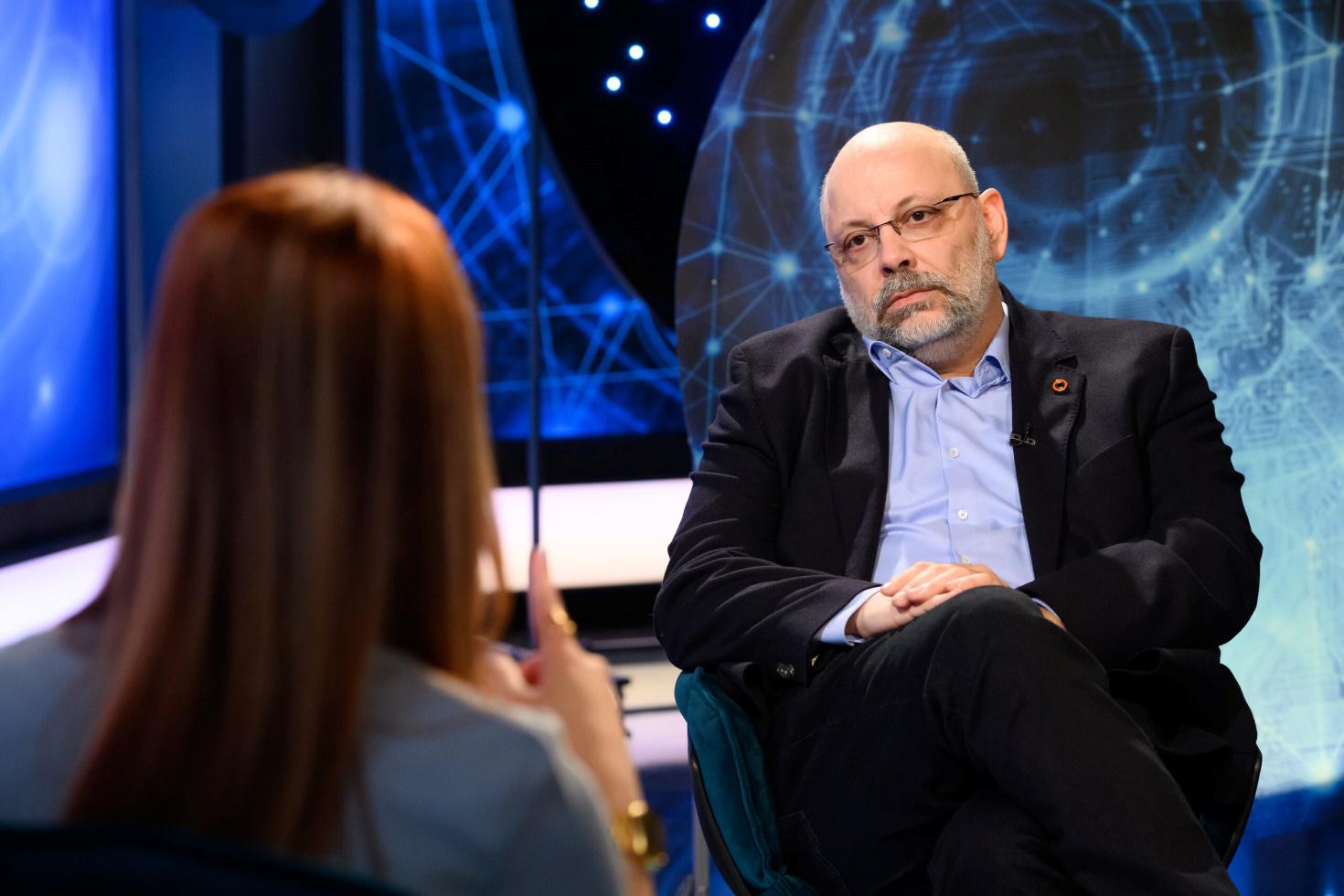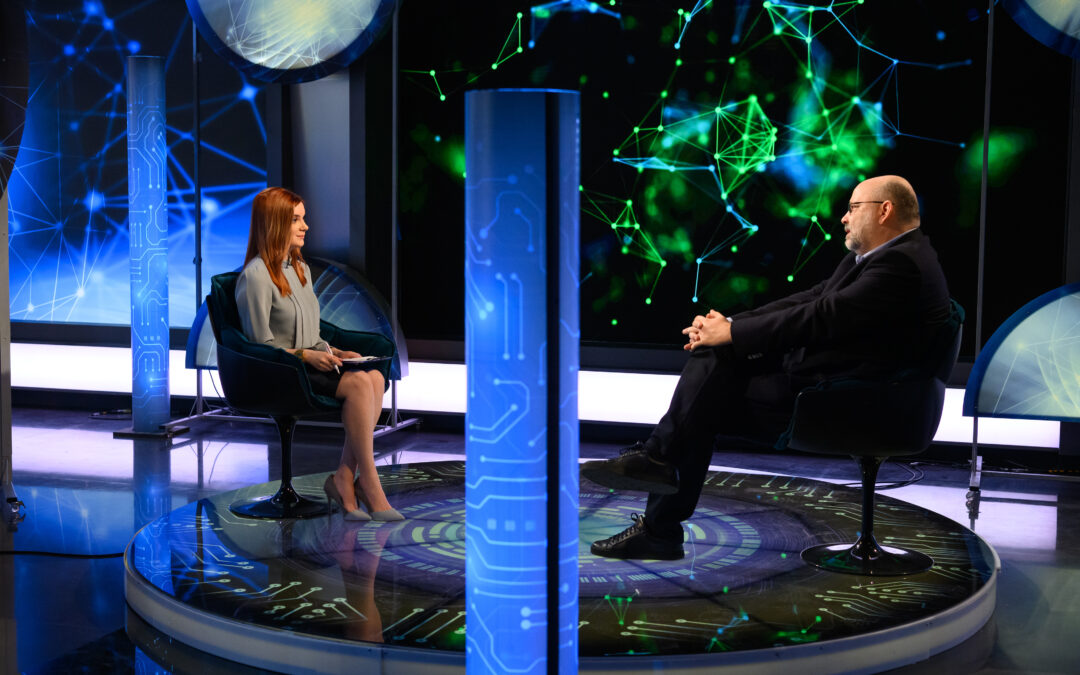The representative of the company “Heliant” and NALED Health Alliance chairman, Vukašin Radulović, was a guest in the “Science Portal” show of the Serbian Broadcasting Company (RTS) yesterday and spoke about the importance of digitization in healthcare, the application of the latest technologies, as well as the security of data used in healthcare facilities.
At the beginning of the show, host Dragana Daničić has recalled how a group of students from the Faculty of Electrical Engineering in Belgrade started working on an information system project for healthcare facilities two decades ago and how today in the company “Heliant” that part of that team develops and implements solutions that more than 250 healthcare facilities in Serbia use in their daily operations.
Today, presenter Daničić has emphasized, it is no longer necessary to have knowledge only about medicine, but also about data science, informatics, and even management.
“Medical knowledge”, journals say, “doubles every two months today. There are huge knowledge bases that are now available to us, there are huge amounts of data that we can cross-reference and get new knowledge from them”, stated Vukašin Radulović, who also clarified the concept of “medical data in real time”, which was introduced into our healthcare system by the company “Heliant” company:
“We live in the time of data that can be exchanged and from which conclusions can be drawn.” The covid pandemic has also taught us that only with the data we receive in real time, which are reliable, can we manage a disease and such a pandemic. We must be able to monitor each disease, each treatment, not from year to year or on a two-year basis as we were used to do before, but day-in day-out, on a 24h basis, to see how our treatments and health professionals’ competence affect the patient.
Radulović has also emphasized that the security of data collected in healthcare is very important.
“Innovations cannot be harmful there, they can only help. It is very important that we know at all times where the data is, who accesses the data, who has the privilege to use, cross and use it. In the same way, the information system can make it possible to depersonalize these data so that no one’s privacy is threatened, and that these data are again available to the scientific community,” says Radulović.
The entire show is available at the following link: https://youtu.be/2WcMGYrVA0A.

Vukašin Radulović with journalist Dragana Daničić (photo: Gordan Jović, RTS Naučni portal)
